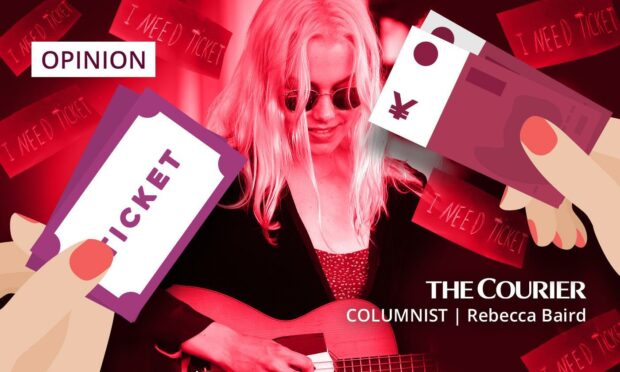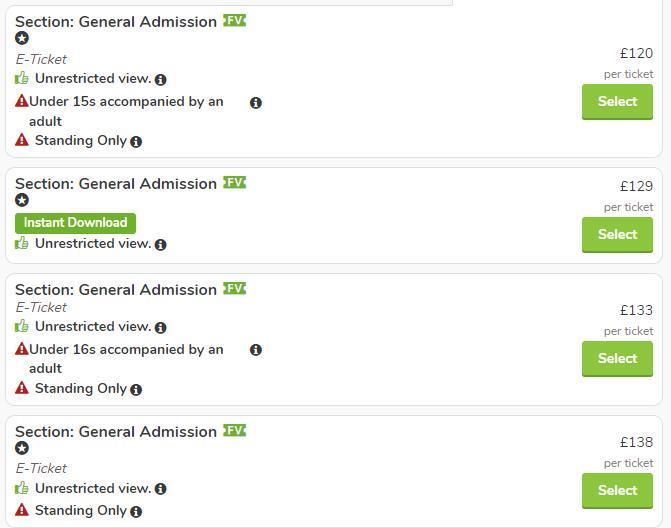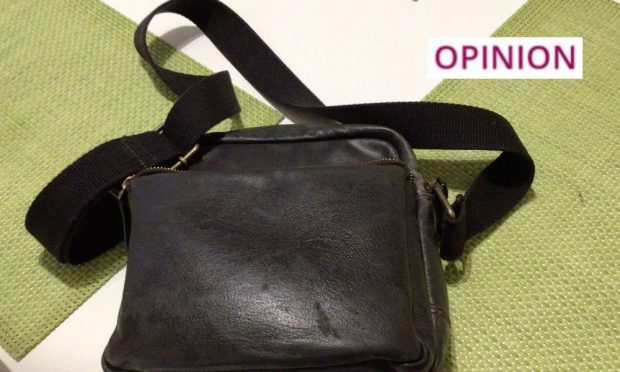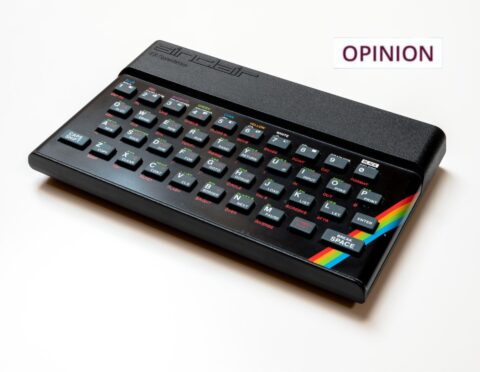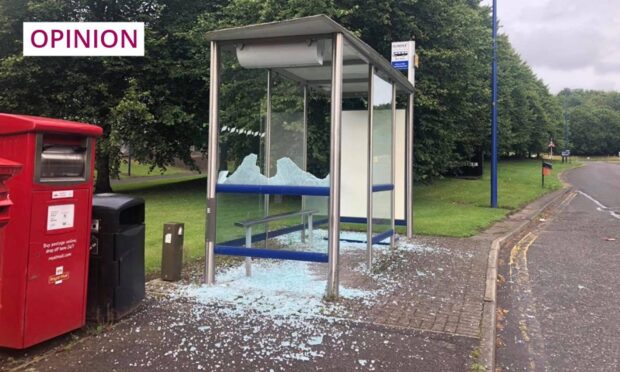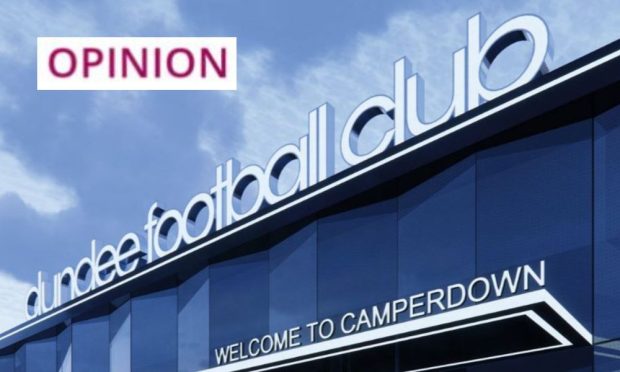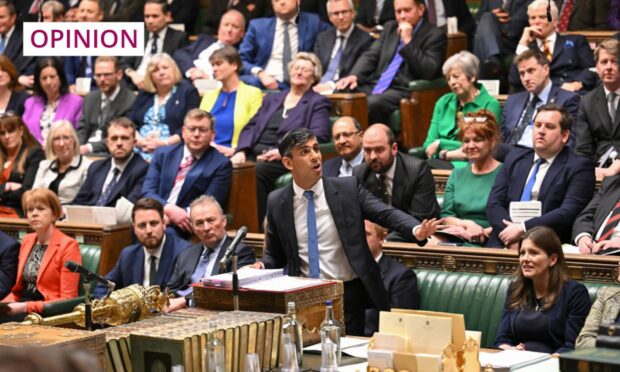Here are the only two rules of conduct at a gig:
1. Anything goes.
2. Don’t be a dick.
This means elbows are allowed, but not near eyeballs; pints can be spilled but never deliberately poured; and tall guys stay near the back.
To police live music too rigidly can kill the swell of a crowd quicker than Kanye West trying to sound profound.
So we (read: gig addicts, live music aficionados, sticky-floor critters) go into a concert expecting some amount of jostling, a lurching raucousness, and a friendly vying for the good eyeline.
The same is true of the ticket sales.
As a child of the 90s, I’m firmly a Ticketmaster baby. The days of sleeping outside the box office are more sitcom trope than memory for me.
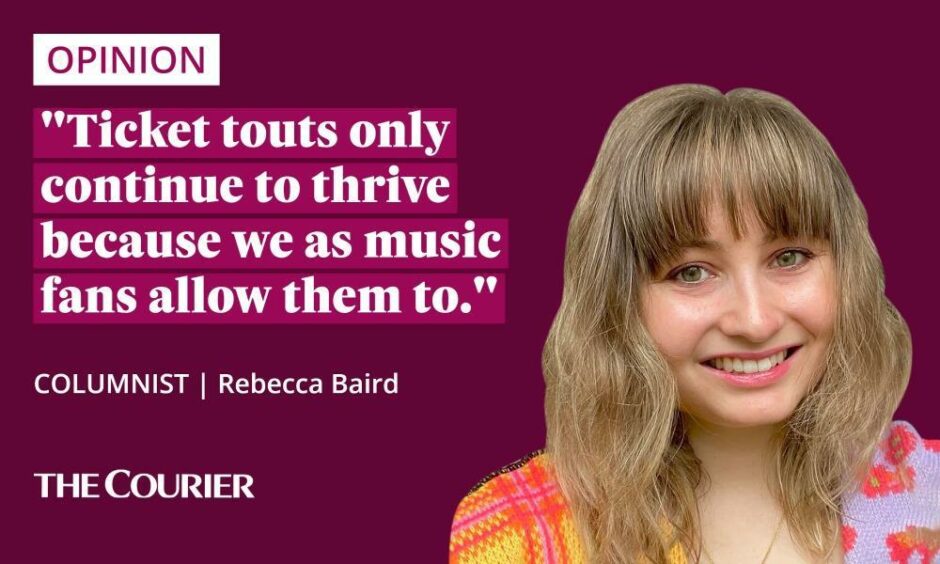
Instead, my adolescence was defined by sneaking out to the girls’ toilets at 9.55am on a Friday morning, turning on my forbidden Blackberry wifi with the insane fee rate, and praying for a strong enough signal to get to the front of the virtual ‘queue’ before any teachers came looking for me.
Then came the scramble to input the ‘long card number’ off the front of mum’s Visa (given freely of course) while the timer ticked down from two minutes.
Miss it, and you lose your tickets.
I’m no adrenaline junkie but nothing beats the rush of emerging from the smoky lavvy, white nylon shirt stuck to your back with sweat, slipping back into your seat and saying got them.
Back then, the competition for tickets – much like that for the best view so your musical hero could serenade you and therefore fall in love with you – was fierce.
But it was fair.
Rage against the machine(s)
Fast forward a decade and, unlike before, when it was only other eager, quick-fingered music lovers I was competing with, now there’s a new nemesis taking up all the spots before anyone else can get a look in.
You guessed it – ticket touts.
These mass-buyers use multiple devices, a network of different bank details and an army of bots to harvest tickets in bulk the instant they go on sale.
Their programmes work quicker than any human can. Even one who’s been poised at the ‘Buy Tickets’ button for 14 years now.
And after they buy them all up at face value, instantaneously, they resell them – at a 300%+ markup.
Suddenly it’s no longer a fair fight.
You may have guessed from the woeful nostalgia of this piece that this recently happened to me.
Just over a week ago, I turned my Teams to Do Not Disturb, perched over my screen and descended with the masses when LA rock’s enfant terrible Phoebe Bridgers released the tickets for her UK tour.
Instantly it was sold out. And after 2-3 seconds, the £35 tickets were selling for £102, £117, £125, £210 (!!!!) on tout site Viagogo.
You might wonder, as I did, how this is legal.
The truth is that touting is hard to legislate without bumming out concert culture.
To ban all resale of tickets, either from the artist or venue’s end, would mean making tickets non-transferrable, which leads to smaller crowds. Anyone who can’t go, for a genuine reason, can’t sell on their ticket, so fewer people show up.
This makes blacklisting individuals tricky to say the least.
And even imposing limits on the number of tickets per purchase persecutes the fans more than the touts – many people won’t go if they have to go by themselves.
There was one case a few years ago of a couple being jailed for touting tickets to major events including Ed Sheeran and Taylor Swift’s concerts, as well as West End play Harry Potter and the Cursed Child.
But the criminal offence in this case was fraud – each of them assumed several different identities to make the purchases.
Touting, as the law currently stands, is perfectly legal. Meaning music fans are at the mercy of those wishing to exploit that legal knot.
So what can we do?
Hit ticket touts with cash drought
Ticket touts only continue to thrive because we as music fans allow them to.
They couldn’t inflate the prices so much if there weren’t die-hard fanatics with money to burn, waiting to pay them.
It’s pretty obvious that we’re nowhere close to a world where they’re limited or shut down completely by the letter of the law.
But money’s usually more powerful than those books anyway.
So I urge you, from one audiophile to another: Keep your money away from ticket touts.
You might miss the gig, but you’ll be on the right side of history.
We can’t slay this beast; so let’s starve it instead.
After all, when it comes to live music, anything goes – so don’t be a dick.
REBECCA BAIRD: Dear couples, my love life isn’t yours to consume
